Preparing for the SEBI Grade A exam involves more than finance, securities laws, and current affairs. One of the most important yet often underrated areas is Management and Ethics. This section tests aspirants on classical and modern management theories, leadership styles, motivation models, and ethical frameworks that guide decision-making in financial and regulatory contexts. A strong understanding of these concepts not only helps you score better but also equips you with skills necessary for real-life decision-making as a regulatory officer.
In this blog, we’ll cover the key theories, models, and ethical principles you must revise for SEBI Grade A, supported by simple explanations, examples, and visuals for better recall.
Why Management & Ethics Matter in SEBI Grade A
The SEBI Grade A exam is designed to identify individuals who can contribute to India’s financial regulatory environment. Apart from technical expertise in securities laws and markets, officers must also demonstrate strong managerial capabilities and ethical reasoning. The reason is simple: SEBI’s work goes beyond technical analysis it requires balancing market efficiency, investor protection, and corporate responsibility.
A strong grasp of management principles allows officers to handle organizational challenges, motivate teams, and design effective regulatory strategies. On the other hand, ethics ensures integrity and fairness, particularly in cases involving fraud, insider trading, or corporate governance lapses. In today’s interconnected markets, where even a small misstep can lead to major investor losses, ethical decision-making is as critical as technical skills.
Thus, Management and Ethics in SEBI Grade A is not just a scoring area it’s a reflection of qualities SEBI expects in its officers.
Key Management Theories to Revise
Management theories explain how organizations function, how leaders influence employees, and how productivity can be enhanced. These theories are not only academic but are applied every day in businesses, government, and regulatory institutions like SEBI.
1. Scientific Management – Frederick Taylor
- Focuses on efficiency, productivity, and systematic work methods.
- Introduced time and motion studies to analyze tasks and eliminate wastage.
- Encourages performance-based incentives.
- Relevance for SEBI: Helps in designing efficient processes for compliance checks, monitoring market activity, and reducing delays in policy execution.
2. Administrative Theory – Henri Fayol
- Developed 14 principles of management including unity of command, discipline, and equity.
- Provided a framework for structuring organizations and ensuring coordination.
- Relevance for SEBI: Helps officers maintain discipline, fairness, and clear reporting structures within teams.
3. Bureaucratic Theory – Max Weber
- Focused on rules, hierarchy, and merit-based promotions.
- Eliminates favoritism and ensures accountability.
- Relevance for SEBI: Bureaucratic principles ensure that regulatory decisions are unbiased and consistent.
4. Human Relations Approach – Elton Mayo
- Highlighted the importance of social factors and employee motivation.
- Hawthorne studies proved that recognition and belongingness improve productivity.
- Relevance for SEBI: Recognizing employee contributions and teamwork can enhance efficiency in regulatory tasks.
5. Modern Approaches
- Systems Approach: Sees organizations as interconnected systems where one change affects the whole.
- Contingency Approach: Suggests there is no single best way of managing—it depends on the situation.
- Management by Objectives (MBO) – Peter Drucker: Encourages alignment of individual goals with organizational objectives.
- Relevance for SEBI: These approaches guide regulatory strategies in a dynamic financial market.
Ethical Theories for SEBI Grade A
Ethics play a central role in SEBI’s functioning as they deal with investor protection, corporate governance, and financial transparency. Understanding ethical theories helps officers make consistent and fair decisions.
1. Utilitarianism
- Decisions should maximize benefits and minimize harm.
- Example: Introducing investor-friendly policies that help the majority, even if they slightly inconvenience a few market participants.
2. Deontological Ethics (Immanuel Kant)
- Emphasizes duty and rules over results.
- Example: Enforcing penalties for insider trading regardless of whether the act benefited or harmed investors directly.
3. Virtue Ethics (Aristotle)
- Focuses on moral character and virtues like honesty, responsibility, and fairness.
- Example: Officers maintaining integrity even under political or corporate pressure.
4. Ethical Relativism
- Suggests morality depends on culture and context.
- Example: Understanding global trade practices while regulating foreign entities.
5. Corporate Governance Principles
- Built on Transparency, Accountability, Fairness, and Responsibility.
- These are pillars of SEBI’s regulatory framework for listed companies.
Motivation and Leadership Theories
Motivation and leadership are essential for ensuring productivity and guiding organizations through challenges. SEBI Grade A aspirants should focus on the following:
- Maslow’s Hierarchy of Needs: Explains human motivation from basic needs to self-actualization. In organizations, this translates to providing fair salaries, job security, recognition, and growth opportunities.
- Herzberg’s Two-Factor Theory: Distinguishes between hygiene factors (salary, policies) that prevent dissatisfaction and motivators (growth, recognition) that encourage performance.
- McGregor’s Theory X & Y: Theory X assumes employees are lazy and need strict supervision, while Theory Y assumes they are self-motivated and thrive under autonomy.
- Leadership Styles:
- Autocratic: Decisions taken by leaders alone.
- Democratic: Involves team participation.
- Laissez-faire: Minimal leader interference.
- Transactional: Based on rewards and punishments.
- Transformational: Inspires and motivates employees for innovation and change.
Decision-Making Models for SEBI Grade A
Decision-making is one of the most important aspects of a regulator’s role. SEBI officers must balance rules, investor protection, and market dynamics while making decisions.
- Rational Model: A logical step-by-step process where all alternatives are evaluated before making a choice.
- Bounded Rationality (Herbert Simon): Recognizes that decisions are limited by available information, time, and cognitive capacity.
- Incremental Model: Suggests making small, gradual decisions instead of sweeping reforms. Useful in policy changes where flexibility is needed.
These models are tested in SEBI exams as they mirror real-world decision-making in complex, uncertain environments.
FAQs
Because SEBI officers not only deal with financial regulations but also take important decisions that require leadership, fairness, and integrity. This section tests if aspirants can balance technical knowledge with ethical judgment.
Classical theories like Taylor’s Scientific Management, Fayol’s Administrative Theory, and Weber’s Bureaucratic Model are important. Modern theories like Systems Approach, Contingency Approach, and MBO are also key for the exam.
Questions are based on Utilitarianism, Deontological ethics, Virtue ethics, and corporate governance principles. They usually test your ability to choose the most fair and balanced option in tricky situations.
Revise Maslow’s hierarchy, Herzberg’s two-factor theory, McGregor’s Theory X & Y, and leadership styles like autocratic, democratic, and transformational.
Yes. With proper revision of theories and examples, this section is relatively straightforward and can help boost your overall score.
- SEBI IT Officer Syllabus 2026, Exam Pattern, Download PDF
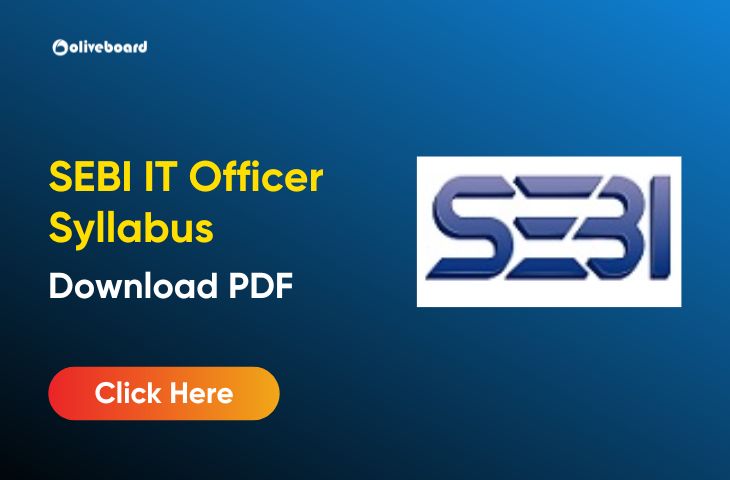
- SEBI Law Officer Recruitment 2026, Download Notification PDF
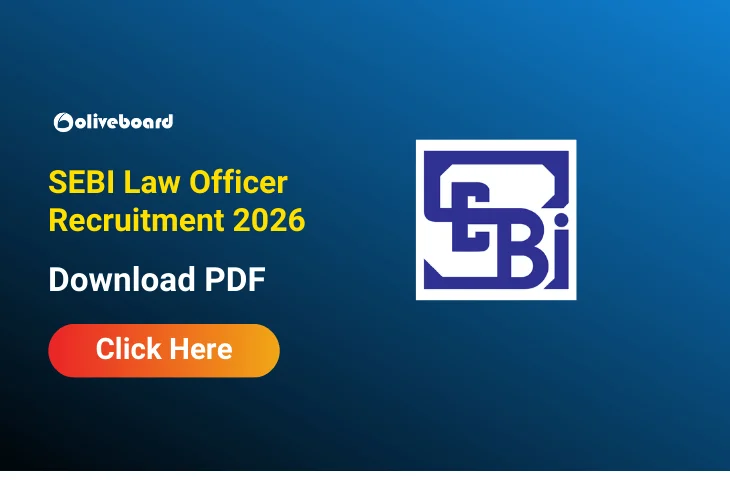
- SEBI IT Officer Recruitment 2026 Notification, Download PDF
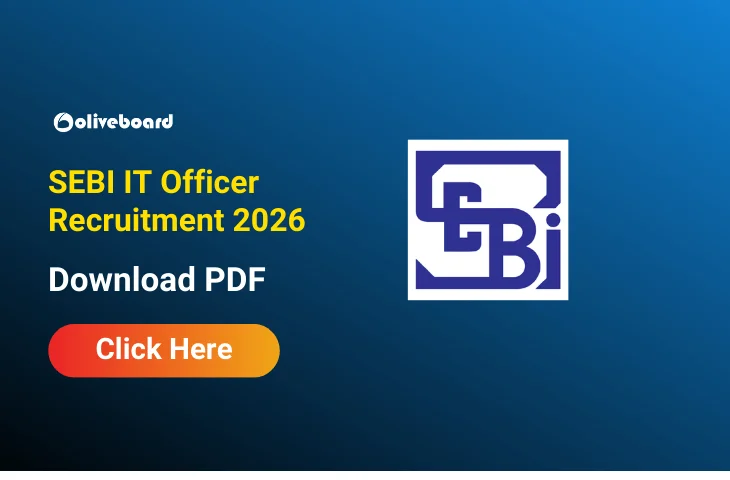
- SEBI Legal Officer Syllabus 2026 & Exam Pattern, Download PDF
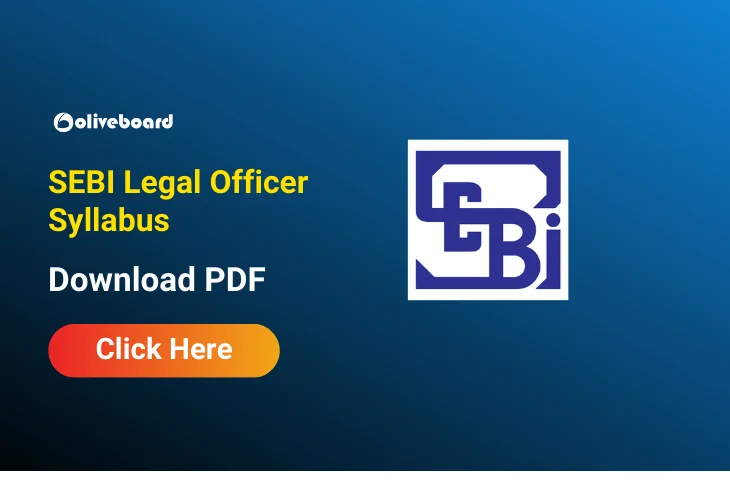
- ESI & ARD Practice Questions for NABARD Grade A 2026

- RBI Grade B 2026 Practice Quiz, Download Free PDF
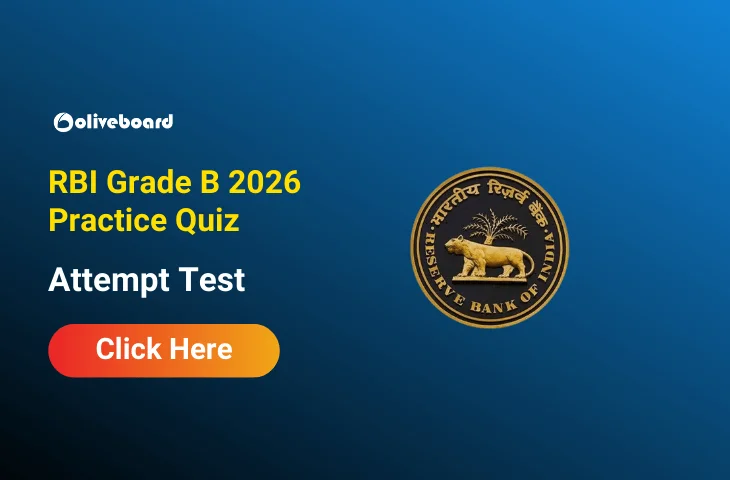

Priti Palit, is an accomplished edtech writer with 4+ years of experience in Regulatory Exams and other multiple government exams. With a passion for education and a keen eye for detail, she has contributed significantly to the field of online learning. Priti’s expertise and dedication continue to empower aspiring individuals in their pursuit of success in government examinations.
